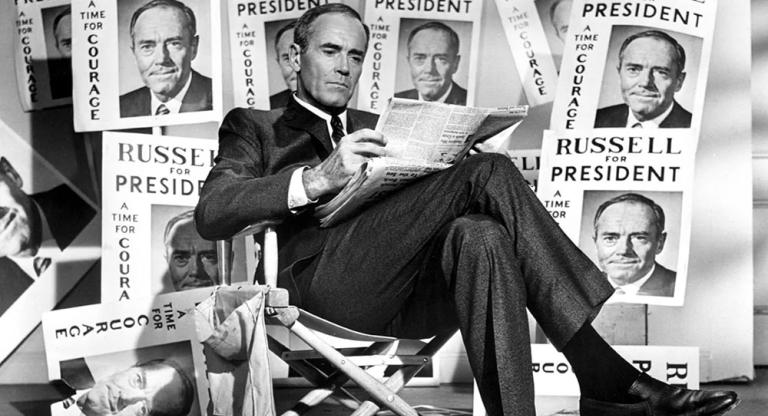Paul Vecchiali may have worn his influences on his sleeve, but let no one say he lacked for originality. The French filmmaker and founder of the Diagonale production company, who died earlier this year at the age of 92, made a career out of tapping into the glamor and artifice of his beloved 1930s French cinema through a post–New Wave framework. Like many of his films, his 1979 masterwork Drugstore Romance opens with a dedication; in this case to the great poetic realist director Jean Grémillon and the composer Gabriel Fauré. Vecchiali was never content with superficial homage, however, and the film’s brilliance lies in the synthesizing of its inspirations- subsuming the emotions of melodrama into the sui generis musicality of its form.
The plot of Drugstore Romance lightly recalls Grémillon’s Lady Killer - that of a notorious womanizer’s all-consuming infatuation with the one woman he can’t have. The loverboy in question is strapping mechanic Pierrot (Nicholas Silberg), who falls head over heels for a mysterious pharmacist who alternately gives her name as Michéle and Jeanne (Hélène Surgère) after spotting her at a chamber music recital. The garage setting, as well as the bursts of imaginative flair that color the humdrum working-class environment, brings to mind The Umbrellas of Cherbourg (1964) by Vecchiali’s close friend Jacques Demy. Vecchiali’s stylization is more subtle in a sense, lacking as he did the resources that allowed for Demy’s dazzling, MGM-inspired production design. And yet his Ophülsian camera movements, rhythmic editing patterns and carefully composed mise-en-scene similarly manage to paint every inch of screen space with feeling, arguably achieving an even more potent dichotomy of the mundane and the sublime.
Pierrot’s pursuit of Michéle/Jeanne orbits around a wonderfully realized cast of neighbors and compatriots- a Greek chorus of elderly eccentrics, the other women vying for his attention (Béatrice Bruno and Myriam Mézières), his melancholic boss (Louis Lyonnet) and put-upon coworker (Emmanuel Lemoine), and even his regret-filled mother (Madeleine Robinson). Vecchiali invests them all with desires of their own, but it’s Pierrot’s obstinate, petulant determination towards his newest conquest that gives the film its shape. Part of the film’s reasoning in emulating musical forms seems to be that it better replicates life’s irrational ebbs and flows of emotion than does a traditional dramatic structure, and the central relationship’s equilibrium does seem to shift in every scene they share. Vecchiali strategically employs reds and blues in the set and costume design throughout, appropriately for a film where passions flare and cool in an instant.
“Love doesn’t exist,” goes one character’s consolation to a heartbroken Pierrot. “It’s all in the mind, and it’s not normal. We make too much of a fuss for it.” And by encompassing such a broad spectrum of the human experience, Drugstore Romance does suggest that there’s much more to life than its protagonist’s myopic romantic obsession. Still, love must exist- it’s there in Vecchiali’s gaze, and in every nook and cranny of his endlessly inventive filmmaking.
Drugstore Romance screens tonight and tomorrow, October 20 and 21, at Metrograph as part of the series “Paul Vecchiali, Producer.”



